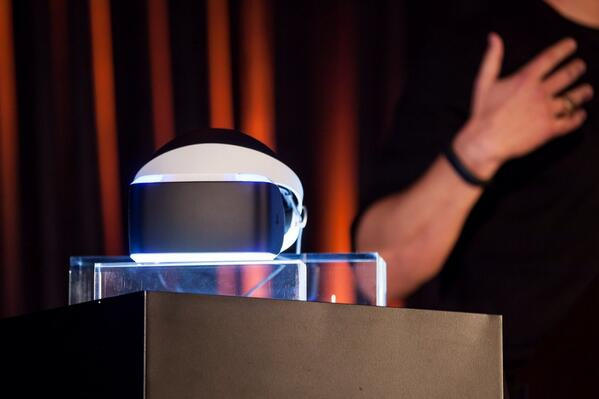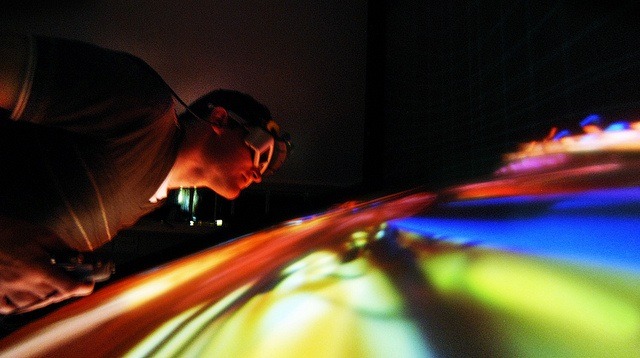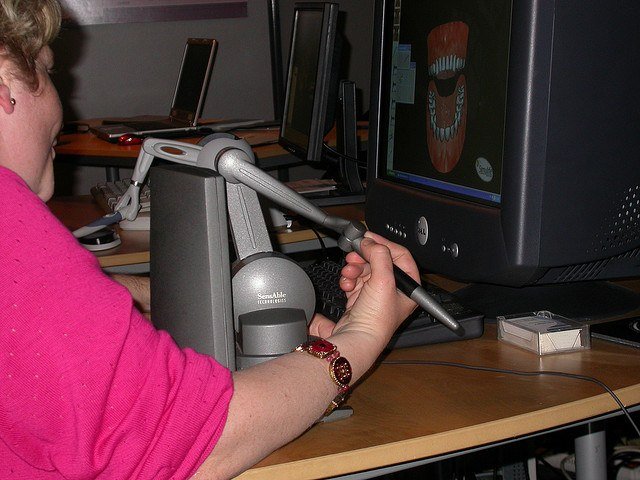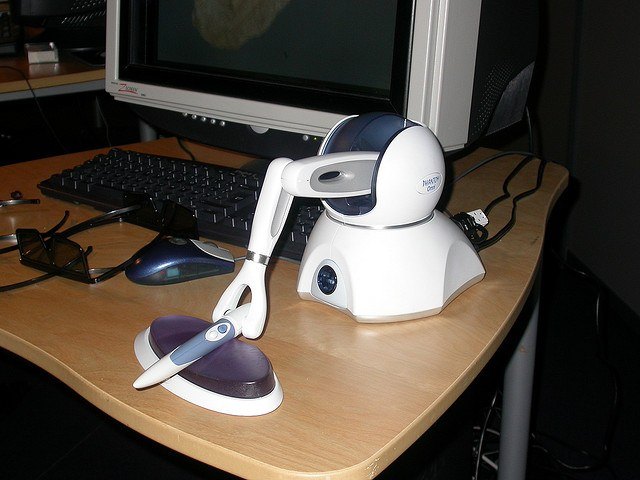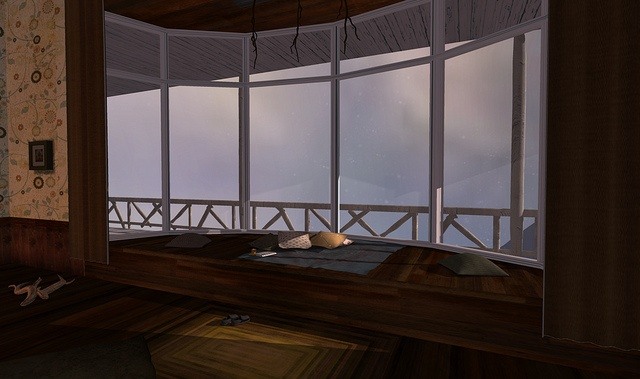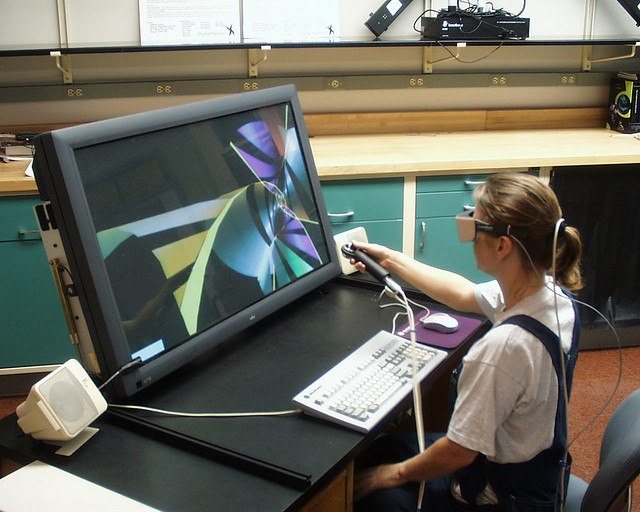Virtual reality, which may also be referred to as immersive multimedia, is essentially a computer-simulated environment that creates a physical presence in either the real or an imagined realm. One of the key aspects of virtual reality is its capacity to replicate human sensory experiences, including taste, smell, sound and touch, and alongside the Internet of Things (IoT) it is a concept that will define the relationships between corporeal and simulated realms.
Virtual Reality has been in the news during recent months, after Facebook’s $2 billion purchase of gaming firm Oculus VR. While this deal will place a heavy emphasis on gaming initially, there is the potential for a whole host of virtual reality platforms to be introduced in the next decade.
The sheer scope of the Oculus VR purchase and the potential for the technology to be developed further is vast, and these factors have created a great deal of interest in the future of virtual reality. With this in mind, let’s take a look at the most compelling aspects of VR and why it is such a topical subject:
1. Virtual Reality Goes beyond Gaming and Into Education
After completing the purchase of Oculus VR, Facebook leader Marc Zuckerberg revealed that the brand intended to reveal a host of alternative platforms beyond gaming. This reflects a wider trend, as people are beginning to consider the benefits of virtual reality outside of a gaming scenario. This is particularly prominent in education, where the OpenSim virtual platform has already been integrated to empower students’ creativity and enable them to build historical recreations. Such as concept can be taken further in the bid to create more engaging programs of learning for youngsters, and this spirit has been embodied by the proposal to develop a Minecraft virtual reality mod and create the ultimate in educational social gaming.
2. VR has Huge Potential for Healthcare Applications
Isolation is a difficult but inevitable aspect of the real world, and one that virtual reality has the potential to negate. This is particularly true when applied to areas such as Exposure therapy, for example, which is a method of treatment used to correct anxiety disorders. Although the benefits have yet to be proven, this could be a huge boom for healthcare providers and companies that deliver psychological coaching. In terms of the latter, there are YouTube videos that show examples of how existing VR software can be used to help nervous individuals practice public speaking in a simulated environment. Currently in beta mode and designed for Octulus Rift, it may have huge applications across multiple markets and sectors.
3. VR can transform the Nature of Broadband Service Providers
VR represents a huge technological evolution, and one that will force multiple service providers to upgrade their packages and associated technology. Take broadband, for example, which has already undergone multiple changes in recent times and is relied upon by households and business owners throughout the world. Fibre broadband currently represents the standard in high speed Internet connections, but this technology may be revised in order to support emerging virtual reality platforms. This need has initiated a cross-company project to integrate the high-performance Cell Broadband Engine with an existing IBM mainframe, in a bid to deliver a fast and powerful one that has the capacity to handle virtual world applications. As more and more virtual reality platforms emerge, this technology will be crucial to delivering them effectively.
4. VR may serve as the Future of Journalism
The nature of journalism has changed considerably during the course of the last decade, as media reporting has moved predominantly from print to the online forum. It may be about to experience an additional evolution, however, as renowned writer Nonny de la Pena continues to pioneer the concept of ‘immersive journalism’. This utilizes the technological power of virtual reality to share powerful stories and narratives in real-time, and it has already been showcased in the harrowing film ‘Hunger in Los Angeles’. This short film is based on real footage of a man collapsing while waiting in line at a food bank, which has subsequently been digitally reconstructed and offers viewers a unique opportunity to share first-hand experience of the tension and sadness surrounding the event.
5. Virtual Reality Represents an Innovative Sales Tool of the Future
While we have discussed the potential of virtual reality platforms to revolutionize education, services and the creative industries, they are also beginning to make their mark on more commercial disciplines. Take sales, for example, as the technology behind VR can be used to effectively showcase products and enable potential customers’ to experience them first-hand. This has been put into practice by a Chicago-based real estate firm, who have turned up with Arch Virtual to execute a 3D, real-time application project and simulate a nine-unit building in the heart of the city. It effectively allows customers to walk through structures before they are constructed, which can help companies to complete sales and transactions extremely quickly. So far from being a one-dimensional gaming concept, virtual reality has genuine commercial benefits and is attracting the attention of multiple business owners.
6. Virtual Reality will change the World of Home Entertainment
In many respects, the pace of innovation in the home entertainment industry has been slow when compared to other aspects of technology and media. This may be about to change thanks to VR, however, with Netflix currently discussing an experimental project that could combine their television and film streaming service with the highly anticipated Oculus Rift headset. Under the tentative name of Oculix, the project would enable user to browse the Netflix library and select a film simply by moving their head, and once a selection has been made they would be immersed in a virtual cinema experience. Whether or not this project achieves its aims has yet to be seen, but it offers an insight into how virtual reality may impact on home entertainment and family dynamics.
Featured photo credit: Bago Games / Flickr via flickr.com

